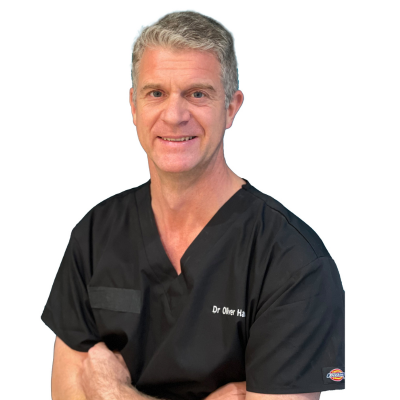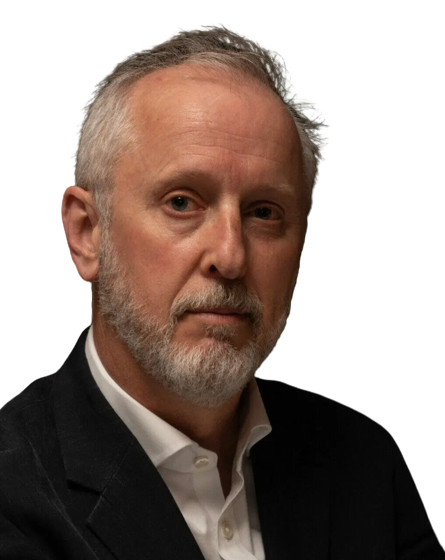Facelift (Rhytidectomy)
As we age, the natural elasticity of our skin decreases, causing parts of the face to droop or slacken. However, having a facelift can provide you with a rejuvenated look, lifting not only your face’s skin but also your self-confidence.
What is a facelift? Understanding the procedure
Facelifts are a cosmetic procedure that involves lifting and tightening your facial skin to provide you with long-lasting, natural results.
Wrinkles and sagging may be a normal part of ageing, but sometimes a loss of volume in the face can knock your confidence and leave you feeling unhappy with your overall appearance.
Here’s how the procedure works.
Before your facelift
You will need to undergo a thorough consultation with your surgeon before you have a facelift carried out. This is so they can assess your overall health and medical history to determine whether your desired results are achievable or not.
The day of your facelift
If you are approved for the procedure, your facelift will take place under general anaesthetic and should last between approximately two and three hours. However, the total time required will vary depending on the type of facelift being performed.
At The McIndoe Centre, we perform several facelift techniques to meet your unique needs. The most common procedure we carry out is referred to as the superficial muscular aponeurotic system (SMAS).
During a SMAS facelift, an incision will be made around your ear. Your skin will then be lifted, tightened and fixed into place with stitches, with any muscle or tissue also being removed to create your desired look.
Following the procedure, you will need to remain in the hospital for up to three nights to ensure you recover well and no immediate complications arise.
It is also possible to have other procedures performed at the same time as your facelift, including a brow lift or eyelid reduction. This then prevents you from having to return to the hospital for additional surgery later on.
The benefits of having a facelift
Many people choose to have a facelift due to the number of potential benefits it can offer. For example, having a facelift can:
- Restore a more youthful appearance
- Boost your self-esteem and confidence
- Match your appearance to how you feel on the inside
- Reduce the appearance of a double-chin
- Remove excess skin that’s occurred from weight loss
- Create the look you’ve always wanted
- Tighten sagging skin
- Reduce deep wrinkles
- Improve the appearance of jowls
- Be used alongside other cosmetic procedures
- Offer long-lasting results with minimal scarring
Are there any risks to having a facelift?
As with any type of surgical procedure, there are also a few risks associated with the procedure. These include:
- Nerve injury leading to loss of sensation and movement in the face
- Asymmetrical results
- Hair loss around your scars
- Infection
- Allergic reaction to the general anaesthetic (this is rare)
Although there are some possible risks, the likelihood of them occurring is very small.
At The McIndoe Centre, our plastic surgeons are highly trained in performing facelifts and will do everything they can to minimise any risk.
Facelift preparation and recovery
Before you undergo your facelift, your surgeon will let you know of any preparations you may need to make. These may include:
- Stopping smoking
- Adjusting or stopping certain medications
- Avoiding alcohol
Depending on your circumstances and factors like your medical history or age, your surgeon may also provide you with specifically tailored advice that you will need to follow to support your recovery.
Recovering from a facelift
When you are ready to go home, you will be provided with two follow-up appointments – one with your consultant to assess your recovery and another to take out any non-dissolvable stitches that need to be removed.
It’s normal for your face to be swollen and bruised after your procedure. It’s recommended you keep your head propped up with pillows to reduce swelling in the first few days.
You need to avoid getting your bandages wet for two days and do not submerge them for at least two weeks.
You will not be able to drive right after your procedure – your surgeon will let you know when you can resume driving. Most people return to work after two weeks, but this will depend on the nature of your job.
It can take up to four weeks for you to feel back to normal and the puffiness and bruising should dissipate by this time too. However, it can take several months before you see the full effect of your facelift.
Alternatives to facelifts
Facelifts are the most effective, permanent way to reduce sagging and deep wrinkles. However, if you want something less permanent to start with, there are other less invasive options available.
Fine wrinkles, for example, can be treated using anti-wrinkle injections, whereas filler or facial implants can be used to smooth out deeper wrinkles.
Drooped eyebrows or lids can also sometimes be treated using either a blepharoplasty (excess eyelid skin removal surgery) or brow lift.
The right choice of treatment for you really depends on your desired results. However, your surgeon will be able to advise you on this and help identify the best course of action.
Facelift costs
The cost of a facelift will vary depending on the type of facelift you have, your desired results and if you are having other procedures carried out at the same time.
We understand that paying for your treatment upfront can be challenging, so we offer payment plans to help you spread the cost.
Choosing the right surgeon for your facelift
When undergoing a facelift, it’s important to ensure your surgeon is well-suited to your needs. Therefore, there are a few things you will need to consider, including:
Their qualifications
- Their experience in performing facelifts
- Their before and after results
- Patient testimonials
- Their approach to creating personalised results
At The McIndoe Centre, we have a team of highly qualified, experienced plastic surgeons who will provide you with all the knowledge and support you need. Our team have the qualifications and combined experience required to deliver the very best care and results possible.
Consultants that perform this procedure
Patient Information Hub
If you are thinking about having cosmetic surgery, here are some important questions that you should ask yourself to help you make the decision that is right for you.
- What do I want to change and why do I want to have surgery?
- Have I considered all the options?
- Can surgery give me the results I want?
- Am I expecting the surgery to change my life as well as my appearance?
- Is now the right time?
Having surgery is a big decision
For more information and advice about cosmetic surgery contact our Private Patient Advisory Team on 01342 488054 or email info.mcindoe@horder.co.uk.
Planning your long-term goals with your consultant, and researching the procedure, will reinforce whether surgery is the right option for you.Surgery is not without risk so you should be sure in your reasons for wanting to go ahead. It is important that your expectations are realistic and that the advantages to you always outweigh the risk of surgery.
Take this checklist to your consultation with the surgeon performing the procedure. Discuss each topic with your surgeon to help you make the decision that is right for you before having surgery.
Having surgery is a big decision
For more information and advice about cosmetic surgery contact our Private Patient Advisory Team on 01342 488054 or email info@mcindoe.co.uk
Think carefully before having cosmetic surgery
Never feel rushed or pressured into giving your consent. Be wary of surgeons or staff who try to convince you to go ahead. Take plenty of time to make your decision.
We strongly advise you take at least two weeks after your consultation with the surgeon performing the procedure to think things through before surgery.
Having surgery is a big decision
For more information and advice about cosmetic surgery contact our Private Patient Advisory Team on 01342 488054 or email info@mcindoe.co.uk



















